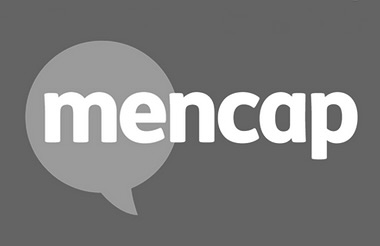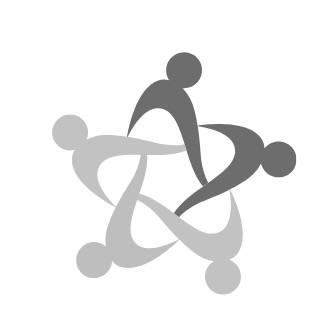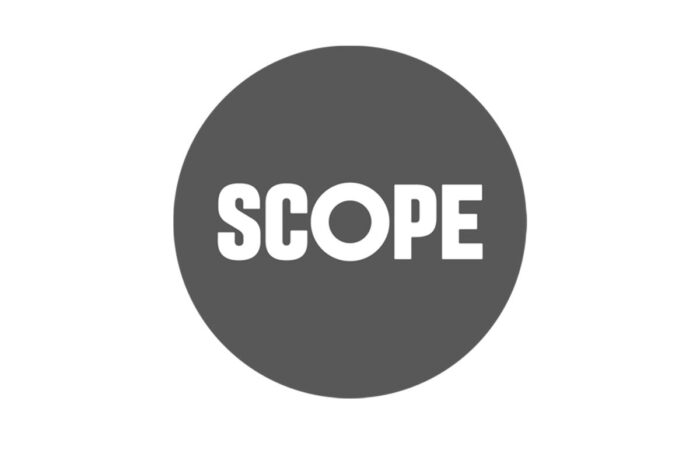Learning disability
What is a learning disability?
Someone with a learning disability may take longer to learn new skills and may require support to develop new skills. They may need support to understand complicated information and interact with others. Some individuals may require support with getting a job or managing their money, whereas others with a severe learning disability may require full time care.
Everyone with a learning disability will experience this slightly differently and the level of support someone needs will be dependent on the individual.
There are currently 1.5 million people living with a learning disability in the UK. Approximately 351,000 of these are aged 0-17 years old.
With the right support, most people with a learning disability can lead happy and independent lives.
A learning disability is different to a learning difficulty. A learning difficulty is when a person finds it challenging to learn certain things. A learning difficulty does not necessarily mean a reduced level of intelligence or intellect. Examples of learning difficulties include dyslexia and dyscalculia.
Autistic and/or ADHD children and young people may also have a learning disability, but not all do.
A learning disability is sometimes divided into four levels: mild, moderate, severe or profound.
These levels can give an indication of the extent to which a person is impacted by their learning disability, or how much support they need. However, the term “mild” may be misleading as it may indicate minimal needs when there could be areas of life that someone finds very challenging and needs significant support with.
A person with a mild learning disability may interact well with others and be able to cope with everyday tasks. However, they may need significant support in other areas of their life such as education or employment.
A person with a severe or profound learning disability will require more support and care with areas such as personal care and communication.
A learning disability occurs when the brain is still developing (before, during or after birth) and several things can contribute to this. However, for many people diagnosed with a learning disability, the cause is often unknown.
- Accident/illness of the mother prior to or during birth
- Infections prior to birth
- Premature birth
- Difficulties during the birth
- Genetic differences or syndromes
- Head or brain injury
- Childhood illnesses, injuries or seizures
- Substance use during pregnancy
Having a diagnosis of a learning disability can help the individual, and those around them, to better understand their strengths and needs. However, a diagnosis of a learning disability will only give a snapshot of that individual; it is important for each child/young person’s individual profile to be identified, including personal strengths and challenges, so that support is individually tailored to need.
In some situations, having a diagnosis can help you to get the support you need. However, most support services in Leeds are led by the needs of the individual, not the formal diagnosis. This is called a ‘needs-led approach’. A diagnosis can be made as a child or as an adult depending on when additional needs are identified.
There is not currently a specific service that assesses or diagnoses children and young people with learning disabilities in Leeds. Nevertheless, this diagnosis may be given by services that the child/young person sees, e.g. paediatrician, as part of their wider care.
Children and young people with learning disabilities in Leeds do not need a formal diagnosis to access the support they require from health or education services. Children and young people can be referred to the appropriate health services, as needed, based on their individual needs, without formal diagnoses.
Support for children and young people with learning disabilities
Support needs can really vary from one person to another, which includes both the needs of a parent and the child’s. Therefore, building support networks and having practical and emotional support is really important.
See our support for neurodivergent children, young people in Leeds and their families pages for information on local and national support groups for children, young people and families.
Children and young people with a learning disability will have varying levels of additional academic, social and environmental needs in school. Some individuals manage mainstream education with minimal additional support whilst others may need a lot of support in school or even a specialist provision.
Schools are responsible for meeting the additional needs of all children regardless of any specific diagnosis. Any concerns regarding school and education should be raised with your child’s teacher or the Special Educational Needs Co-ordinator (SENCO). Find out more about support in schools in our Education and neurodiversity – MindMate section.
If your child has received a diagnosis of a learning disability, you can inform your GP to be put onto the Learning Disability Register. This can give you more support when you book and see a doctor or nurse.
Young people over the age of 14 years old may also be able to have a yearly health check if they are on the Learning Disability Register. This can help to keep individuals with learning disabilities healthy.
Individuals with learning disabilities are not automatically put on this register. If you wish to be on the Learning Disability Register, you must contact the GP on behalf of your child.
- You can find out more about the Learning Disability Register on the Mencap website here
- There are also more leaflets about the Learning Disability Register on the NHS England website here
Patients and their carers can fill out a ‘hospital passport’ to share any information with healthcare staff that will aid them to provide better support. This could be communication style, any sensory sensitivities, anxieties or likes/dislikes that the patient has.
The hospital passport is available to anyone who has a learning disability. You can download and complete a hospital passport here on the Leeds Teaching Hospital website
Leeds CYPMHS (previously known as CAMHS) Learning Disability team consists of nurses and doctors who are specially trained to work with children and young people with learning disabilities and can provide specialist care and support. The Leeds CYPMHS Learning Disability team only work with children and young people who have moderate to severe learning disabilities.
This service does not do diagnostic assessments for learning disabilities. However, your child can access support from the team if they either already have a diagnosis of a moderate to severe learning disability, or there is clear evidence that their daily living and learning abilities are at this level, e.g. significant learning needs, an Education and Health Care Plan describing this, information from other education/health services.
Children and young people can be referred to the Leeds CAMHS Learning Disability service through Leeds MindMate SPA. (Single Point of Access). You need to have tried the Early Help support offered by school before being referred to the Leeds CAMHS Learning Disability service
The Child Health and Disability (CHAD) service is a team of professionals who work with children and young people (0-18) who have complex health needs and disabilities, where their disability has an impact on their ability to be safe, develop skills for life and be part of their local communities growing up.
The service aims to make sure that every child with a complex health need and disability receives child-centred, high-quality, flexible, and responsive services to enable them to reach their potential. More information about the CHAD service can be found here via Leeds City Council
Learning Disability Support Pack
We have created a support pack containing further detailed information and signposting for children and young people with learning disabilities, and their families. (Easy read version)
You can find more information about support with activities of daily living, e.g. sleep, toileting and travel, on our Daily Living and Keeping Safe section

Mencap
More information about Learning Disability can be found on the Mencap website. Mencap is the national Learning Disability charity
Go to website
Leeds Mencap
Leeds Mencap offer local support and activities for people with Learning Disabilities and their families.
Find out more
Careers Leeds
Carers Leeds support all unpaid carers across Leeds. They have a telephone helpline and offer a range of specialist support
Go to Carers Leeds website
Leeds Parent Carer Forum
Leeds Parent Carer Forum is a voluntary organisation led by passionate parents and carers, who are working in partnership with the Local Authority, Education, Health and Social Care services to improve the quality of life for children and young people with additional needs, and their families, across Leeds.
Go to Leeds Parent Carer Forum
SCOPE
SCOPE has a range of family services including emotional and peer support, sleep support and family activities.
Go to SCOPE website
Sibs
The YoungSibs website provides information and advice for children siblings of children with additional needs, through child-friendly articles and the ‘ask a sibling advisor’ feature.
Go to Sibs website
Leeds Local Offer
The Leeds Local Offer provides information for children and young people with SEND, including learning disabilities, and their parents/carers in a single place.
Go to the Leeds Local Offer websiteWas this helpful?
MindMate will be developing the ND hub further – please let us know what you think so far to help us get this right by completing this online survey.